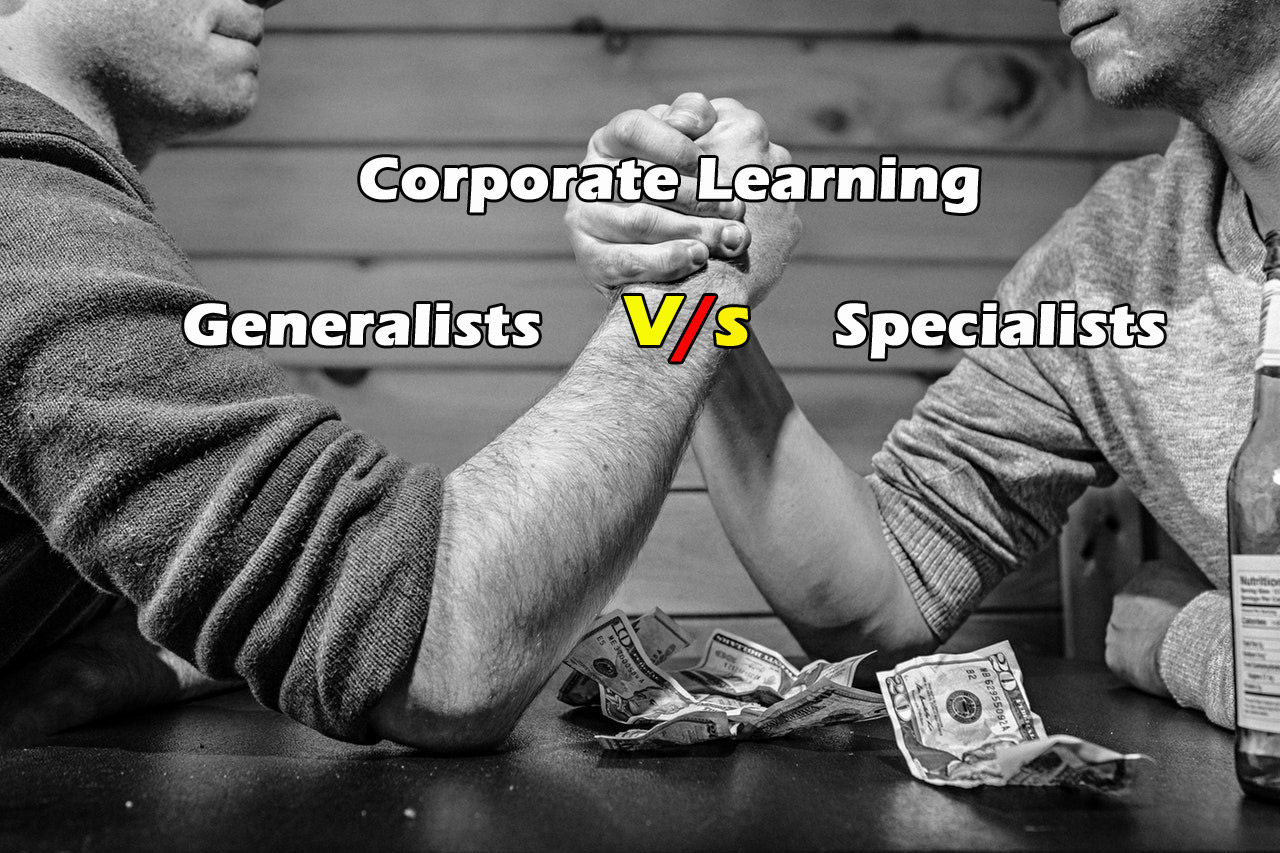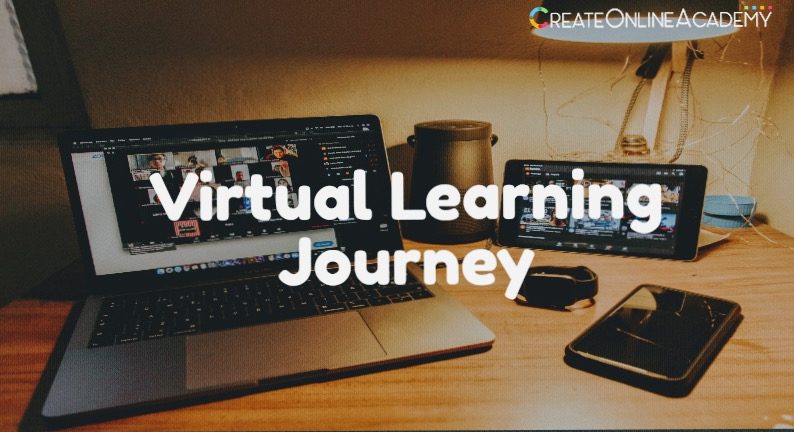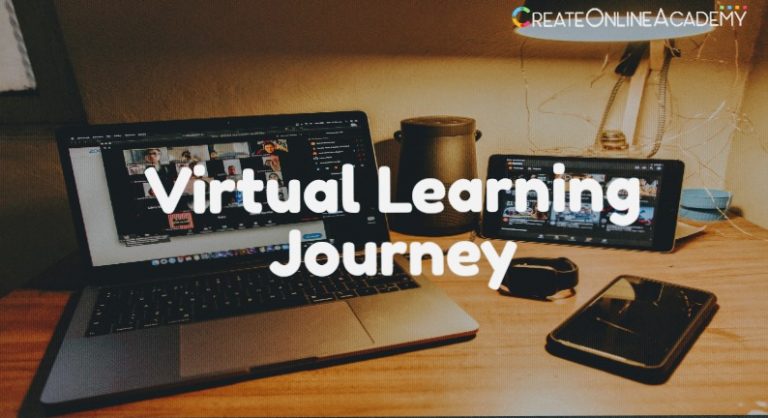Corporate Learning: Generalists V/S Specialists

Learning leaders know this to be true: preparing workers with the skills of the future is critical to company survival. There is, however, one concern with this statement. They aren’t terribly sure what skills workers are going to need. There is a lot of theorizing about it, but without a crystal ball or a time machine, there isn’t an absolute approach to figuring out next steps.
This has driven many learning professionals to focus on creating more and more specialists; employees who are focused on learning a specific skill set for a specific job. While it is important to have workers who can service specific functions within an organization, it also creates a real problem. It can mean, barring any other training, the employee can do one thing and one thing only.
When you think of agility and the need for corporate learning to be in the moment and fast acting, this form of rigid training will not work for the organization. Instead, there is a new theory that focuses on creating more generalists instead.
With that in mind, what are some the key features of a corporate learning environment supporting a generalist strategy? The simple answer is the environment desired is one that is almost train-by-doing.
- Failure is always an option. There is a lot that can be learned from allowing someone to fail. New processes can be streamlined and strengthened through this process. The same can be said of skills. Knowing how to do something correctly in more than one way allows for agile responses. Learners experiencing new situations can apply different methods to achieve similar outcomes.
- The right tool for the right job. Everything is being transformed digitally. Learners, especially Millennials and those from Generation Z, are very skilled with technology. In fact, Generation Z is often said to be the first real class of digital natives. They’re going to look for tools that help them complete their tasks. If they can’t pull on what they already have, they will look to learning professionals to provide these tools/skills.
- Experience over the classroom. Generalists are also looking for more experiences. They’re going to want opportunities to job shadow co-workers and leaders. Now, this is not to say classroom training or traditional learning methods are no longer valid or obsolete. They are also going to look at new learning methods such as video, gamification or microlearning.
Augmented reality has many daily applications, applications that affect business processes, workflows, and employee training. What’s amazing, all of those could be impacted at the same time. The business process was impacted by sending an unskilled worker to a job he had no training for. The workflow was affected because the worker had to lean on technology to assist in the repair.
It’s through augmented reality we will see companies working with clients in a wide variety of industries regardless of mission.
Conclusion
Trying to train workers for specific skills of the future can, in some ways, be futile. The reality is there needs to be a balance between the number of specialists and the number of generalists companies train. Having both provides the idea the company is ready for whatever comes and that is a very good position to be in for the future.
Reference:- https://www.hrexchangenetwork.com/learning/articles/the-jack-of-all-trades-approach-to-corporate-learning










